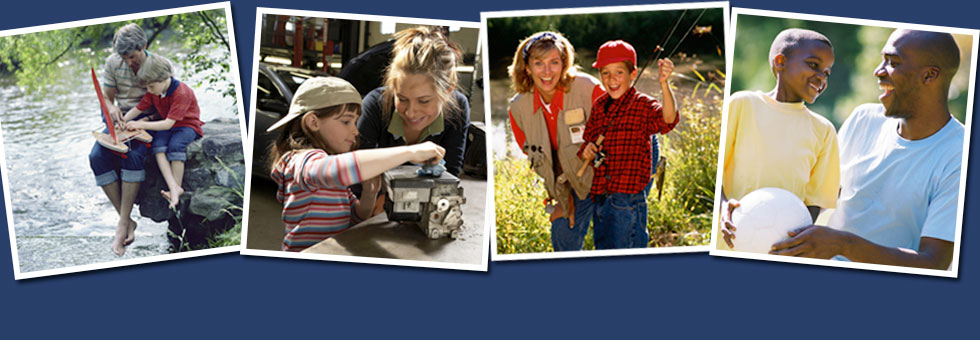Holding Family Meetings
Purpose
 Establish the concept of “Family As A Learning Community” in which mutual respect and cooperation are necessary for all family members to lead happy, healthy, secure lives. This concept contributes to satisfying the emotional needs of all family members and the learning of valuable skills in communication, problem solving, and decision making. It is part of the ongoing process in which children participate actively in their own evolution, on their way to becoming thinking, self-confident, independent, responsible, caring, civic-minded adults.
Establish the concept of “Family As A Learning Community” in which mutual respect and cooperation are necessary for all family members to lead happy, healthy, secure lives. This concept contributes to satisfying the emotional needs of all family members and the learning of valuable skills in communication, problem solving, and decision making. It is part of the ongoing process in which children participate actively in their own evolution, on their way to becoming thinking, self-confident, independent, responsible, caring, civic-minded adults.
Approach
Family meetings is a major activity for parents and children to assess how well they are doing—individually and collectively—and to decide on ways to make things better. Through sharing feelings, information, and experiences a sense of community is created.
Types of Meetings
Goal Oriented Meetings (periodic, as needed) where family attempts to achieve consensus. For example:
1. Identify and assign family responsibilities/tasks.
2. Establish family rules.
3. Problem Solving: Identify and solve specific problems.
4. Decision Making: Identify need for and make decisions.
5. Planning: Plan a family project, activity.
Feedback Sessions (regularly scheduled, usually 1 x per week, ongoing)
Open-ended interactions among all family members as an outlet for expression of feelings, concerns, frustrations, appreciations and joy, in a safe, non-threatening atmosphere of open communication. Members address the question: “What do we see each other, or ourselves, doing that is helping or hindering us to lead happy, healthy lives?” In answer to this question, Items 3 and 4 below become the core activity of each session. (See note below regarding other items.)
1. One highlight or lowlight of my week was:
2. One thing I did this week that I didn’t like was: One thing I liked was:
3. Feedback is addressed to a specific person. (Something you did that affected me or the family positively or negatively or about which I have a question or concern.)
4. Something that is going on in my life that causes me concern, fear, joy is:
5. Something that bothers me or that I enjoy about our family life is:
6. Closing activity: each one says one positive thing about each family member (at the end of each meeting or periodically as desired).
(Note: Items 1 and 2 can be used to initiate sessions, as frequently as desired, with each individual taking turns and with or without family discussion. Item 5 may be introduced at any time there is a desire to include it.)
*See Game Plan #3 in How To Raise Emotionally Healthy Children for further details.


